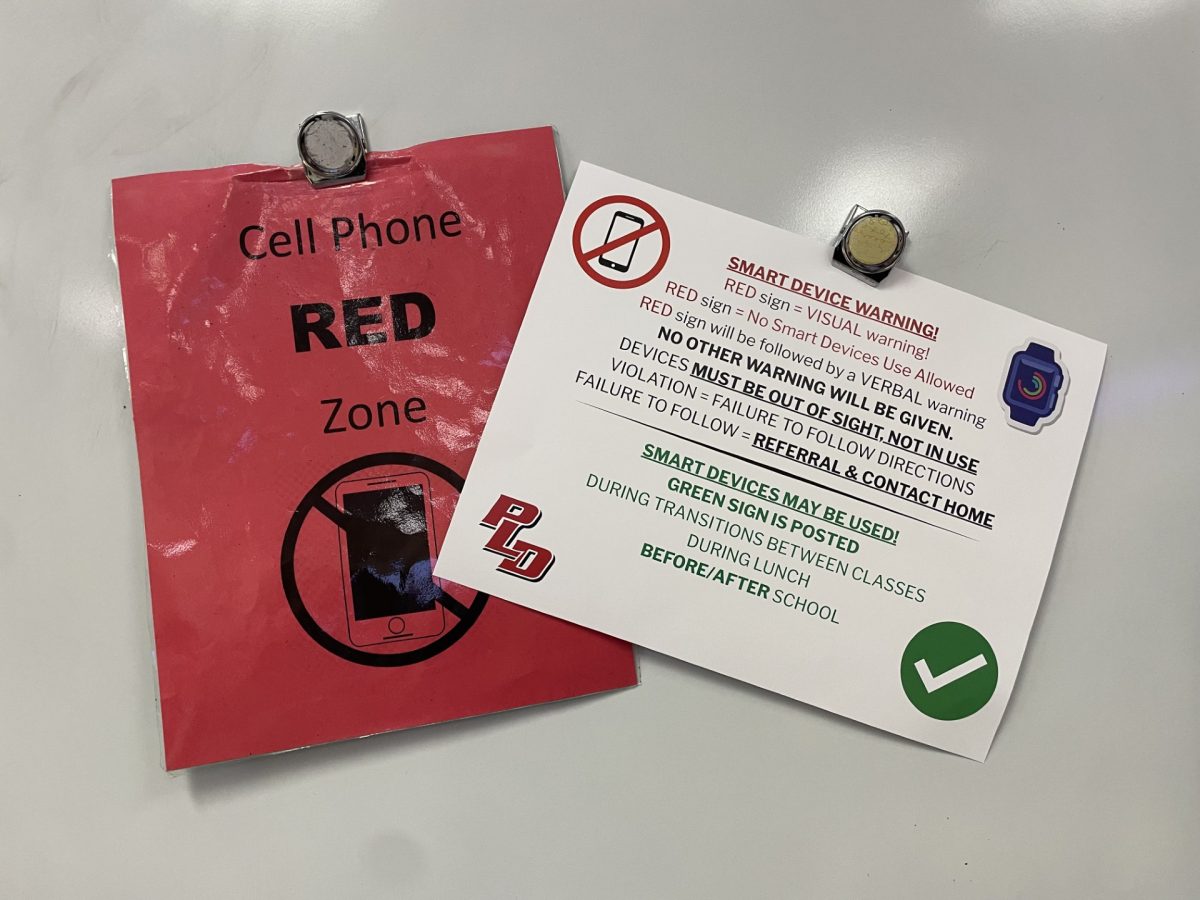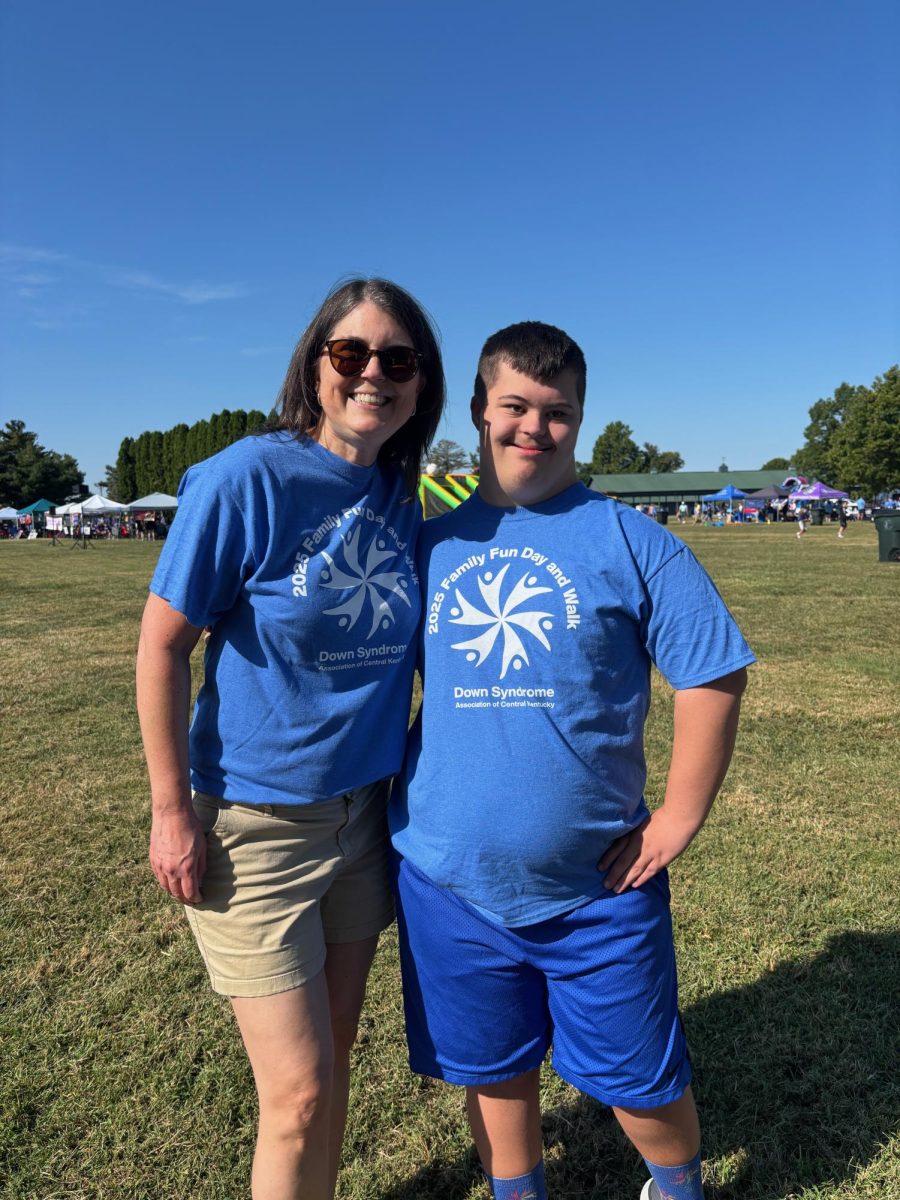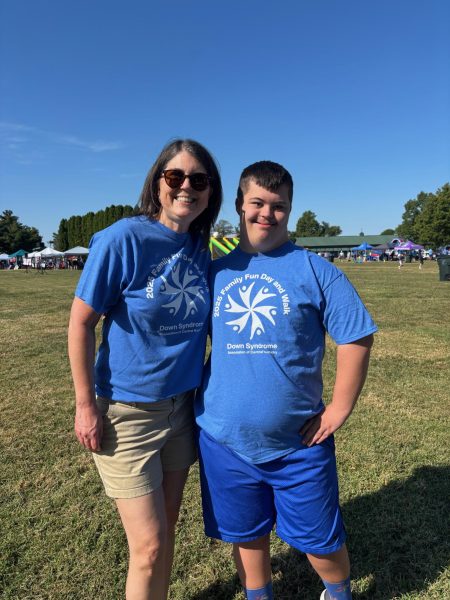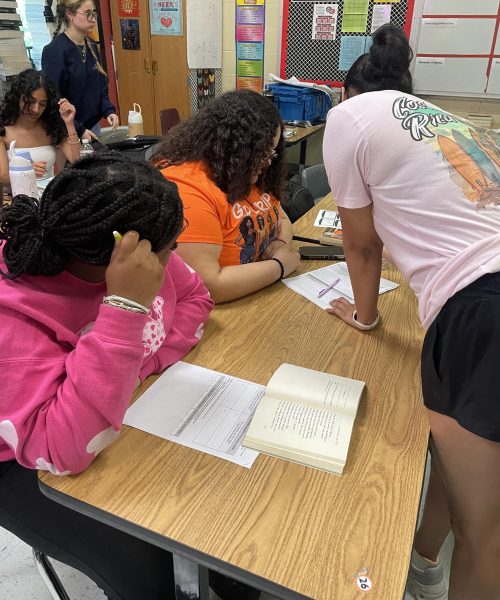The Effects of Caffeine on Students
Is caffeine more harmful or helpful to students?
Many students find themselves feeling fatigued during the school day due to a combination of late night studying, extracurricular activities and early morning classes. To resolve this issue many students bring drinks that contain caffeine before school such as coffee or tea.
Approximately 73% of kids consume this drug daily.
“I drink coffee every morning because I get three to four hours of sleep a night and then I drink one or two cups just to help me get through the rest of the day until I can go back to sleep,” senior Katie Hoffman said.
Caffeine is a stimulant, which is a substance that when consumed can raise psychological activity levels in the brain. Caffeine specifically affects the central nervous system making the consumer feel more alert.
Caffeine overdoses have led to death in youths who ingested excessive amounts of caffeine, which can be equal to 80 cups of coffee. Logan Stiner from Ohio was found deceased with a caffeine concentration of 70 micrograms per milliliter of blood, due to an ingestion of pure caffeine powder.
“For students, I think decaf is the best option for them to drink because of the high caffeine levels,” said Dunbar choir and piano teacher Mrs. Tiffany Marsh. “I don’t know if it really helps their focus throughout the day.”
Caffeine has different effects on individuals, and some people prefer not to drink it due to how they feel after consuming caffeine. Some side effects that can make caffeine unappealing include, dehydration, stomach aches and jitteriness. A person can also experience withdrawal symptoms like headaches, fatigue, anxiety, difficulties concentrating, depression, irritability and heart tremors after becoming dependent on caffeine.
“I drink coffee for flavor, the kind I drink doesn’t have a lot of actual coffee in it. I do feel jittery sometimes after I drink it though,” sophomore Caroline Jaeger said.
Although caffeine has its negative effects, there are many benefits to drinking forms of caffeine. Coffee, for example, can lower the risk of stroke, oral cancers and Alzheimer’s. The chance of Alzheimer’s and dementia can be lowered by about 70% by consuming three to five cups of coffee with or without caffeine per day.
It was proven by a Swedish study the risk of stroke was lowered by up to 25% for older women who drank more than one cup of coffee with caffeine per day. The study followed women without histories of strokes, diabetes, or cancer. Adults who drank 4-5 cups of coffee per day were also proven half as likely to develop mouth and upper throat cancers in men and women.
“I mainly drink coffee for energy from the Caffeine. I also find the flavor to be comforting in the morning,” junior English teacher Mrs. Miranda Nesbitt.
It is also known that caffeine helps people with certain learning disabilities in focusing and researchers have found that those who have Attention Deficit Hyperactivity Disorder (ADHD) or Attention Deficit Disorder (ADD) may be more excitable and hyperactive due to low Dopamine levels which is a compound produced in the brain that affects how well a person can focus.
“I drink coffee in the morning and I think it keeps me more alert and also helps my productivity,” sophomore Audrey Jones said.
In most cases, people who drink stimulants like coffee and energy drinks can experience a feeling of anxiety or uneasiness because the stimulant has caused the dopamine levels in the brain to raise too high. This can cause certain people’s performances at school or work to decrease rather than increase.
“After I drink caffeinated coffee I like my heartbeat speeds up and like I can’t sit still,” sophomore Lola Campbell said.
Consuming caffeine cannot fully treat ADHD but it can be a safer way to improve attentiveness, compared to prescription medications like Adderall and Ritalin. Common prescription medications can cause negative side effects like decreased appetite, sleep issues and irritability, which is why a substitute stimulant like a caffeinated coffee can be better for children than ADHD medications.
ADHD treatment medications like amphetamines are also vasoconstrictors, which can reduce blood flow and the size of blood vessels, something caffeine also does. These vasoconstrictors are another reason caffeine can help those with ADHD focus. Reducing the hyperactivity in certain regions of the brain by decreasing the blood flow can help treat ADHD.
Excessive amounts of caffeine can be more harmful than helpful to young students. However, caffeine can help the overactive minds of those with ADHD relax and become more focused by increasing the low dopamine levels of those with ADHD or ADD.

My name is Alexis Radhakrishnan. I am a senior at Dunbar and this is my third year on the Lamplighter staff. I am excited to contribute to the program...



























reeda • Apr 23, 2025 at 12:55 PM
this was so cool
fitoru • Feb 26, 2020 at 4:37 AM
Thanks goodness I came across this blog. I have long been wanting to read something like this.